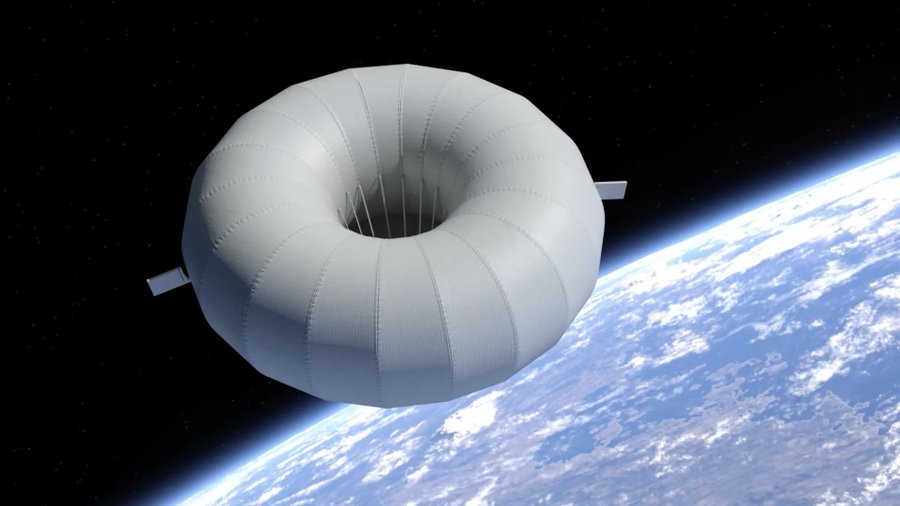In the light of former intelligence contractor, Edward Snowden’s leaks about just how far the US and UK intelligence and security services (CIA, FBI, NSA, NRO, MI5, MI6 (SIS), GCHQ etc) go in trawling the internet for metadata intelligence and actual content, the eight main internet service firms (Google, Apple, Facebook, Twitter, AOL, Microsoft, LinkedIn, and Yahoo) have formed a group under the banner Reform Government Surveillance group to protest against mass government surveillance and using their systems to do it.
While there is more than a whiff of hypocrisy here, given that many of these same firms are engaged in actively spying on their users for commercial gain, it is noted that until the Snowden revelations, many ordinary folk had no idea that their e-mails. text messages and facebook pages were regularly automatically read and their connections and movements noted.
Worse is to come. In the same way that car number plate recognition technology and CCTV camera car parking enforcement systems were rolled out without proper public or parliamentary debate, facial recognition-capable networked CCTV, UAV surveillance systems, and most imminently, GPS satellite-assisted automobile continuous tracking and surveillance systems (e.g. the European Union’s compulsory E-Call system), are set to be rolled out in a general manner shortly. Meantime, neurologists have found a way to use CT Scans to gauge emotional responses from individuals to images, to ideas, and to political loyalties no doubt.
George Orwell’s fearful “1984” notion of continuous mass state surveillance is now becoming a frightening reality for most of us. For in reality, it is now only the spymasters and authority-hungry governments themselves who remain wholly in favour of such a surveillance society, ably supported by their “useful idiots” usually spouting their self-righteous but naïve “if you have nothing to hide, you have nothing to fear” mantra.
Using the “politics of fear” may be counterproductive to security
In the privacy-versus-security argument, in recognition that the revelations about their past mass surveillance actions have been a damaging to their case, in a rear-guard action to defend their right to have mass surveillance, UK and US security agencies have tried to empasise the danger of terrorist groups. To further emphasise their case via the “politics of fear”, the security services has noted that their systems can also be used to keep tabs on other undesirables (child molesters and other sex offenders, violent criminals and gangsters etc).
Of course, in the privacy-versus-security argument there has to be a balance made: terrorists and other criminals are usually intent on harm and, as such, they need to be tracked. As the security services would, no doubt, point out, if only they could know exactly who to spy on in the first place, then they would not need mass surveillance.
That said, government agencies have, somewhat disingenuously, also used the “politics of fear” to play up the perceived risk of the danger from terrorism. In fact, the risk for an individual of being harmed in a terrorist outrage actually remains very small. Such scare-mongering and rabble rousing should be avoided as it could even lead to the counterproductive scenario of the security services being accused of being the “boys that cried wolf”, not a welcome scenario especially given the already evident decline in public esteem for the scandal-ridden police and security services.
It is especially important for the security services to keep the public on side as, while the current risk to an individual of being killed by a terrorist act is minute, this risk could yet rise dramatically if ever a terrorist group gets its hands on an atomic bomb. It would raise their killing capacity from hundreds of people to millions. This once unbelievable scenario could so easily happen now that North Korea and Pakistan have such weapons. For, in spite of all money spent on defeating inbound ballistic missiles, in reality, it might easily be a terrorist-handled shipping container or removal van that one day stealthily delivers a rogue state’s nuclear warhead into the heart of a city.
End of privacy does endanger democracy
So how does all this affect this Hyperbola space blog? Well apart from electronic intelligence satellites becoming an integral part of such surveillance, the overall argument is, strangely enough, very relevant to space and other aerospace journalists. For they (including this writer) fear ever being defined as one of the “bad guys” given that every now and again, exclusive-hungry journalists come into contact with material which might be deemed to have a national security sensistivity. As such, while these journalists have no wish to help a potential enemy, should they also be defined as an enemy just for doing their job in trying to reveal the truth?
In fact, unscrupulous governments can also set the bar very low as to what “damaging national security” is defined as. As the disgraceful Snowden-related UK government raid on The Guardian newspaper earlier this year (using GCHQ officers) showed, which also included using anti-terrorism laws to detain those suspected of carrying data embarrassing to the government of the day or its security services, journalists and their friends can also sometimes be treated as “enemies of the state”.
With mass surveillance, the ability of journalists to source and publish such revelations about government policy and wrong doing, even if it is in the public interest, will be much further hindered. The United Kingdom has the longest surviving democracy – but this may not survive for long without such press freedoms to pursue the truth.
There are other examples of basic freedoms being spuriously curtailed in the name of security. In recent years, several innocent amateur photographers have been arrested for taking photographs of public areas, town centres or even of the police themselves, lest these photographers be “terrorist reconnaissance units”.
Meanwhile, innocent “plane spotters” and “train spotters” have had similar over-zealous rough treatment from police and security personnel at airports and at railway stations, while environmental protesters have similarly been prevented from travelling to exercise their democratic rights to protest. Terrorists apparently have other hobbies apart from photography, plane spotting and tree-hugging as, to date, there has not been a conviction for terrorism made in the United Kingdom following one of these arrests and searches made under anti-terrorism legislation.
Ah well, at least for the time being, we can still report these counterproductive freedom-bashing detainments and newspaper raids. That is, until we are detained or are silenced ourselves.
The “bad guys” are still out there and the support of the public is needed to defeat them
Of course, defending freedom by removing freedoms is both illogical and will not work. It just antagonises the general public and reduces their support and cooperation with the police, security and defence services. However, given the potential theoretical risks from terroism in the future, the policy of doing nothing could also be disastrous.
Judgement and restriction on use the use of mass-surveillance should also be important watchwords for the security and intelligence services. Just as Britain’s war leader Churchill was loath to solely use Ultra code-breaking intelligence from Bletchley Park too much during World War II in case the “cat got out of the bag”, so perhaps the intelligence establishment should only use such extreme surveillance when they really need to.
That is, instead of using hi-tech mass surveillance to collect fines for parking infringements, prevent democratic protests, or even to hinder journalists in embarrassing governments or their security services, perhaps these same security and intelligence services would similarly be wise to use the information gleaned from such “secret” but very powerful mass intelligence resources only very sparingly, and then only against the most serious of threats. This is what the general public appears to want.
Getting the balance right between freedom and privacy and safety and security remains difficult, but remains of utmost importance to us all.
Update and Comment by David Todd: In January 2014, while noting that a terrorist threat still exists, U.S. President Barack Obama has now accepted that things have gone too far and has ordered a review of state surveillance in the United States of America. In doing so he has specifically ordered that US citizens and friendly foreign leaders should not be monitored by US agencies without proper authority. Edward Snowden might be regarded as a “traitor” to some, but he might have got us all, including, apparently, the President of the United States, thinking about what freedom really is.
Update October 2014: The UK Government has admitted that the police have been tracking the telephone and e-mail connections of journalists under RIPA legislation which otherwise would need an authorisation from a judge. However, the government has yet to say how many journalists have been affected. To calm the subsequent outcry, the Home Secretary, Theresa May, has promised to tighten RIPA legislation to prevent this unless it is to investigate or prevent a serious crime (presumably murder, terrorism etc).







